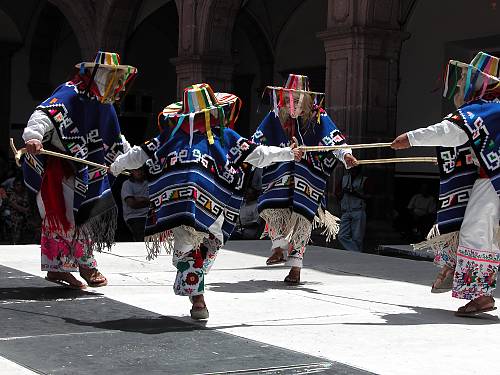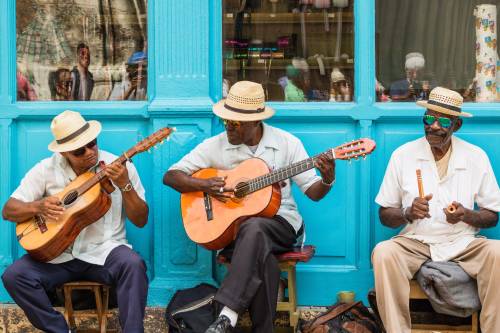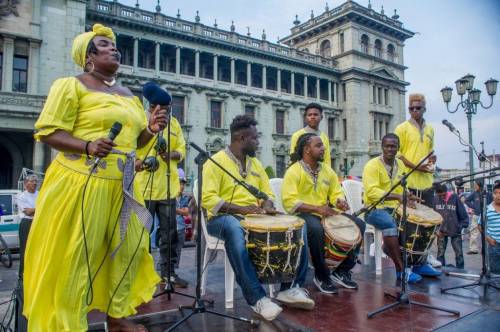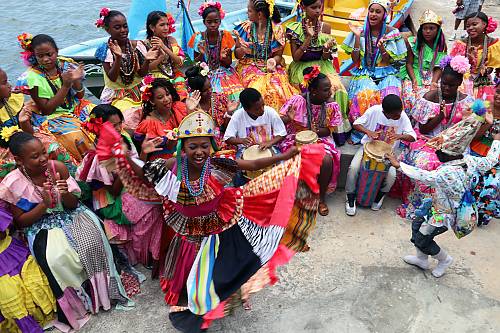Just nine months after the ratification of the Convention for the Safeguarding of the Intangible Cultural Heritage, UNESCO and the Secretariat of Culture of the Presidency of El Salvador join forces in organizing an intensive training in community-based inventorying from 17 to 25 June 2013. Starting with a first theoretical phase in the country’s capital, San Salvador, which will involve about thirty participants coming from the Secretariat of Culture, non-governmental organizations and community representatives from Conchagua, a third of the group will then move on to the department of La Unión on the Pacific coast, about 200 km from the capital, to complete the training session.
There participants, accompanied by community members, will put into practice some of the knowledge acquired during the theoretical sessions with the guidance of two experts from the UNESCO-certified facilitators network, Ms María Ismenia Toledo (Venezuela) and Mr Enrique Pérez López (Mexico). They will work with the local community to carry out an identification and documentation exercise of expressions of intangible cultural heritage, among which dances and craftsmanship, which have not been, to date, inventoried by their practitioners.
As part of the regional project for strengthening capacities for safeguarding intangible cultural heritage being implemented in Central America throughout 2013 by UNESCO’s Offices in San José and Guatemala, thanks to the generous contribution of Spain to the Intangible Cultural Heritage Fund, the activity will also count on the participation of the project teams in Nicaragua and Honduras. It will also complement El Salvador’s recent efforts to develop a comprehensive cultural information system.
Meeting:
Project:
-
Strengthening national capacities for effective safeguarding of intangible cultural heritage in Central America (1 August 2012 – 1 March 2014)




